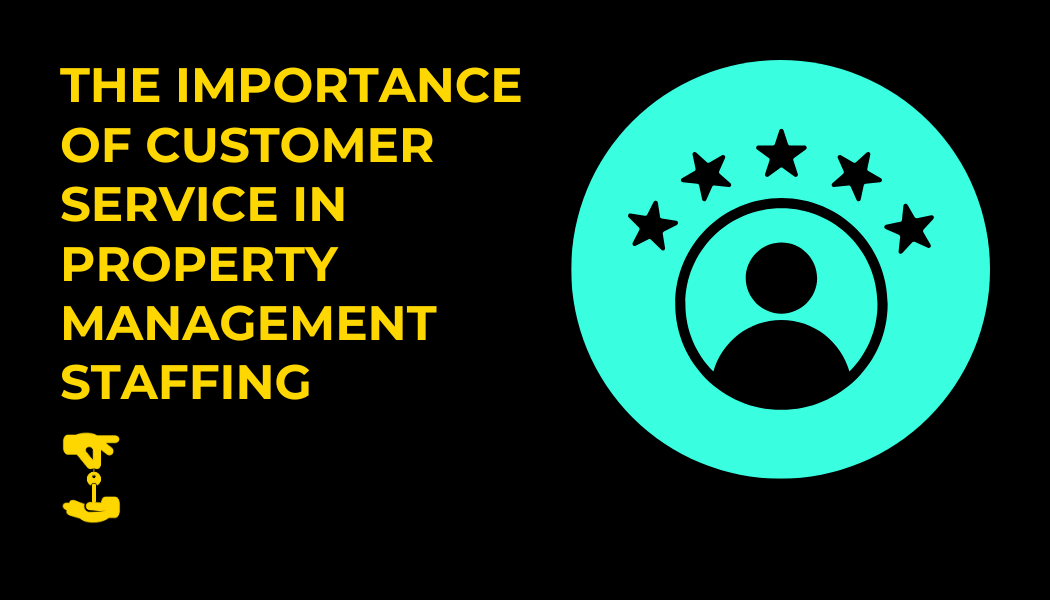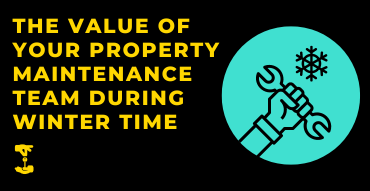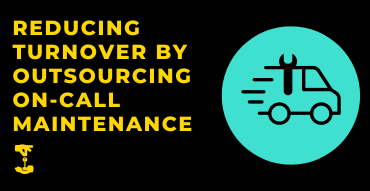Breaking Into Property Management: Top Skills and Traits for Millennials and Gen Z
Breaking Into Property Management: Top Skills and Traits for Millennials and Gen Z
Property management is a booming industry, and for Millennials and Gen Z professionals, it's more than just a career—it’s an exciting and dynamic field where you can make a tangible impact. From tech-savviness to adaptability, younger generations bring a fresh perspective to property management, transforming how property management staffing companies, temp agencies, and property managers approach the industry. As this sector continues to evolve, what does it take for younger professionals to succeed in property management?
This blog post will highlight the top skills and traits that Millennials and Gen Z bring to property management roles, the current trends in the industry, and how Leasing Temporaries, a leading property management staffing agency, can help you leverage these traits to build a thriving career.
1. Tech-Savviness: Navigating the Digital Landscape
One of the most significant advantages younger generations bring to property management is their tech-savviness. As more property management tools and platforms move online, from virtual tours to automated maintenance requests, Millennials and Gen Z are uniquely positioned to adapt to these innovations.
Property management software like AppFolio and Buildium is revolutionizing how property managers track leases, manage finances, and communicate with tenants. Younger professionals are more comfortable with these technologies, often learning them faster than older generations. They also understand the importance of data analytics and how it can improve decision-making in property management.
Being tech-savvy isn't just about using software. It also extends to understanding the power of digital marketing, social media, and online presence. With a strong understanding of social media platforms like Instagram, TikTok, and Facebook, Millennials and Gen Z can elevate a property’s brand awareness, increase leasing inquiries, and engage potential tenants in ways traditional methods can't. Property management staffing companies are increasingly looking for candidates who can navigate these digital landscapes and use them to their advantage.
How it helps: Millennials and Gen Z can streamline property management processes, help properties gain online visibility, and boost tenant engagement. These skills make them valuable assets to companies looking for innovative, future-forward solutions.
2. Adaptability: Thriving in a Changing Industry
The property management industry is constantly evolving, and adaptability is key to thriving in this environment. For younger generations, the ability to adapt to changes in technology, market trends, and tenant expectations is ingrained in their work culture.
Whether it's adjusting to a remote work environment, hybrid office models, or the integration of new property management solutions, Millennials and Gen Z are accustomed to change and are eager to stay ahead of the curve. Property management staffing companies, like Leasing Temporaries, value this adaptability as it ensures that employees can navigate challenges without missing a beat.
Moreover, younger generations are more likely to be open to temp-to-hire roles or temporary positions, which provide them with the flexibility to explore different career paths while gaining valuable experience. This is particularly important in an industry where property management needs can fluctuate, and having adaptable, flexible staff ensures smooth operations during peak leasing seasons.
How it helps: Adaptable employees help property management companies stay resilient and prepared for market shifts, whether it’s the implementation of a new property management training program or adopting a new tech tool.
3. Communication Skills: Bridging Generational Gaps
In property management, communication is everything. From dealing with tenants to negotiating with property owners and contractors, effective communication can make or break a property manager’s career. Millennials and Gen Z are not only skilled communicators but also experts in bridging the generational gap.
They know how to communicate across various channels, including email, text, and social media, and can interact with a range of people, from older tenants to younger prospective renters. Their ability to personalize messages and use emojis, GIFs, and other digital communication tools makes them more relatable to millennial and Gen Z tenants, who expect fast, transparent communication.
In temp agency roles, excellent communication ensures that younger workers are able to express their needs, adapt to the office culture, and collaborate effectively with a diverse team. Whether in temp-to-hire assignments or direct hire roles, strong communication skills are always a must.
How it helps: Excellent communication leads to happier tenants, more successful interactions, and higher tenant retention rates. Millennials and Gen Z professionals can help property managers streamline tenant relations and improve customer service, making them indispensable in any property management staffing scenario.
4. Social Media Savvy: Shaping the Property’s Image
As mentioned, younger generations are social media natives, and their familiarity with platforms like Instagram, Facebook, LinkedIn, and even TikTok has made them key players in online property marketing. For property management companies, having a strong online presence is no longer optional—it's essential. This is where younger professionals excel.
By showcasing properties through high-quality photos, virtual tours, and engaging posts, Millennials and Gen Z can create online marketing campaigns that generate leads and attract potential tenants. They understand how to tailor content to specific platforms, whether it’s creating short, attention-grabbing TikToks or professional posts on LinkedIn to connect with other industry professionals.
How it helps: Social media-savvy property managers or leasing agents can boost a property’s online visibility, attract a wider audience, and maintain a consistent brand image. This is especially helpful in a competitive rental market where properties need to stand out.
5. Emotional Intelligence: Building Relationships
Property management isn’t just about managing buildings—it’s about building relationships. Emotional intelligence (EI) is an important trait for property managers, as it enables them to empathize with tenants, resolve conflicts effectively, and maintain strong working relationships with colleagues, contractors, and property owners.
Millennials and Gen Z are often recognized for their high emotional intelligence, which is an invaluable asset in property management. Whether dealing with frustrated tenants, coordinating repairs, or managing a team of contractors, being able to read people, understand their emotions, and respond appropriately is crucial to success.
How it helps: Property managers with high EI can de-escalate tense situations, foster a positive environment for tenants, and create a supportive, inclusive workplace for staff. This emotional awareness helps companies attract and retain tenants while also improving overall team dynamics.
6. Entrepreneurial Spirit: Bringing Innovation to Property Management
Finally, many Millennials and Gen Z have a strong entrepreneurial spirit, often demonstrated through side hustles, startup ventures, or innovative problem-solving. This mindset is a huge advantage in property management, where innovation is key to staying ahead of industry trends.
From launching an online leasing portal to finding creative solutions to property maintenance, younger generations are motivated to improve efficiencies and drive results. They bring fresh perspectives to property management training and can quickly identify areas for improvement, whether it's streamlining operations or implementing new technologies.
How it helps: Property management companies benefit from employees with an entrepreneurial mindset who are proactive, resourceful, and willing to take risks to improve processes and drive profitability.
Conclusion: Building a Thriving Property Management Career with Leasing Temporaries
As the property management industry continues to evolve, the skills and traits that Millennials and Gen Z bring to the table are more important than ever. From tech-savviness and adaptability to emotional intelligence and an entrepreneurial spirit, younger generations are uniquely positioned to lead the way in property management.
Whether you’re considering a career in property management or you’re already working in the industry, Leasing Temporaries is here to help you navigate the process of finding the right job fit. With temp-to-hire and direct hire services, we can connect you with property management companies looking for young professionals who can bring fresh ideas and energy to their teams. If you're looking to build a career that allows you to thrive in an ever-changing environment, consider working with Leasing Temporaries for all your property management staffing and training needs.
By leveraging your natural skills and learning new ones through property management training, you’ll be well on your way to a successful and fulfilling career in property management.













